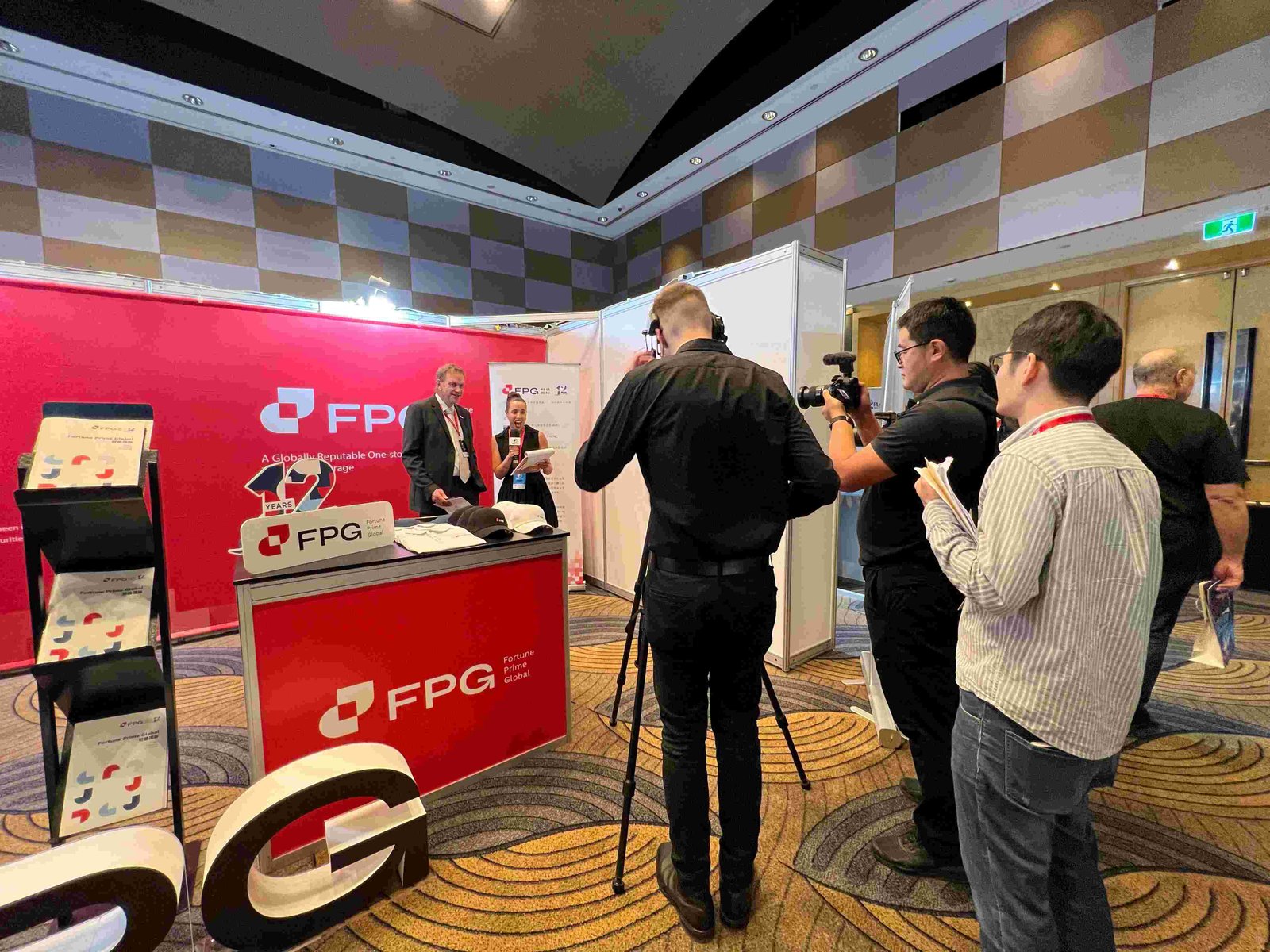The role of a BROKER in the financial markets, particularly within foreign exchange (forex) trading, has undergone a significant transformation in recent years. No longer are brokers simply intermediaries facilitating trades; they are now intricate platforms offering a range of services and tools designed to enhance the trading experience and empower both novice and experienced traders.

The Rise of Social Trading and Copy Trading Platforms
One of the most notable developments is the emergence of social trading or copy trading platforms. These platforms, often integrated directly into a forex platform offered by the broker, allow traders to observe and even automatically replicate the trades of more experienced and successful investors. This has given rise to vibrant 跟单社区 where knowledge and strategies are shared, fostering a collaborative environment and offering newcomers a quicker path to understanding the complexities of the forex market. This 跟单 functionality, often branded as 智能跟单, leverages algorithms to match traders based on their risk tolerance and investment goals.
Technological Innovation Shaping the Brokerage Landscape
Technical innovation is at the heart of this evolution. Brokers are increasingly investing in advanced trading platforms with sophisticated charting tools, real-time forex news feeds, and analytical capabilities. The use of API (Application Programming Interface) has also become increasingly crucial, allowing traders to integrate external trading tools and algorithms directly into the broker’s platform, further automating and customizing their trading strategies. These APIs empower experienced traders to develop and implement their own algorithms, while also allowing third-party developers to create innovative tools and services that integrate seamlessly with the brokerage’s infrastructure.
Enhancing the Trading Experience Through Sophisticated Tools
The drive to improve the trading experience is a key focus for modern brokers. This includes offering a user-friendly interface, comprehensive educational resources, and responsive customer support. Mobile trading platforms are also now essential, allowing traders to monitor and manage their positions from anywhere in the world. Furthermore, many brokers are incorporating artificial intelligence (AI) and machine learning (ML) to provide personalized trading insights and risk management tools.
The Paramount Importance of Security and Regulation
While innovation is vital, 资金安全 and regulatory compliance remain paramount. The forex market is susceptible to scams and fraudulent activities, making it crucial for traders to choose a broker that is properly regulated by a reputable authority. Regulation provides a framework of oversight, ensuring that brokers adhere to strict financial standards and protect client funds. Brokers must demonstrate adequate capitalization, implement robust risk management procedures, and comply with anti-money laundering (AML) regulations. In addition, they must have measures in place to segregate client funds from their own operational capital, providing an additional layer of safety.
The Role of Forex News and Market Analysis
Staying informed is crucial for successful forex trading. Brokers often provide access to real-time forex news, economic calendars, and expert market analysis to help traders make informed decisions. This information, coupled with sophisticated charting tools, allows traders to identify potential trading opportunities and manage risk effectively. The best brokers proactively provide educational resources and analysis, empowering their clients to become more knowledgeable and confident traders.
Looking Ahead: The Future of Forex Brokerage
The future of forex brokerage is likely to be characterized by even greater technological advancements, increased focus on user experience, and stricter regulatory oversight. Brokers that can effectively embrace innovation while prioritizing security and transparency will be best positioned to thrive in this dynamic environment. The continued development of 智能跟单 technologies, combined with the increasing accessibility of high-quality market data and educational resources, will further democratize forex trading and empower individuals to participate in the global financial markets.
In conclusion, the role of the BROKER has evolved significantly. From simple intermediaries, they have become complex ecosystems offering advanced trading tools, social interaction, and crucial security measures. Traders must carefully evaluate brokers based on their regulatory standing, technological capabilities, and commitment to client service to ensure a safe and rewarding trading experience.
